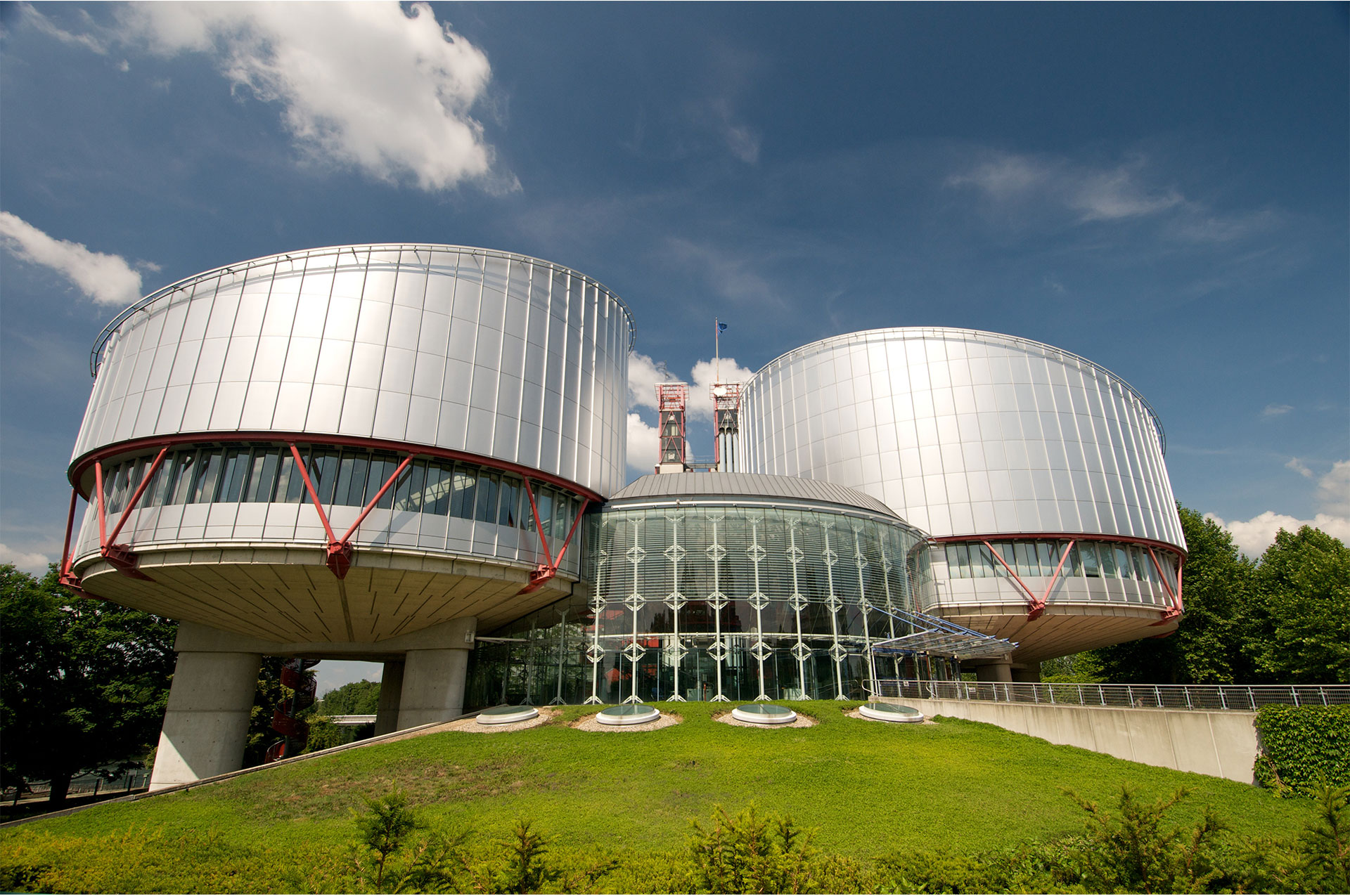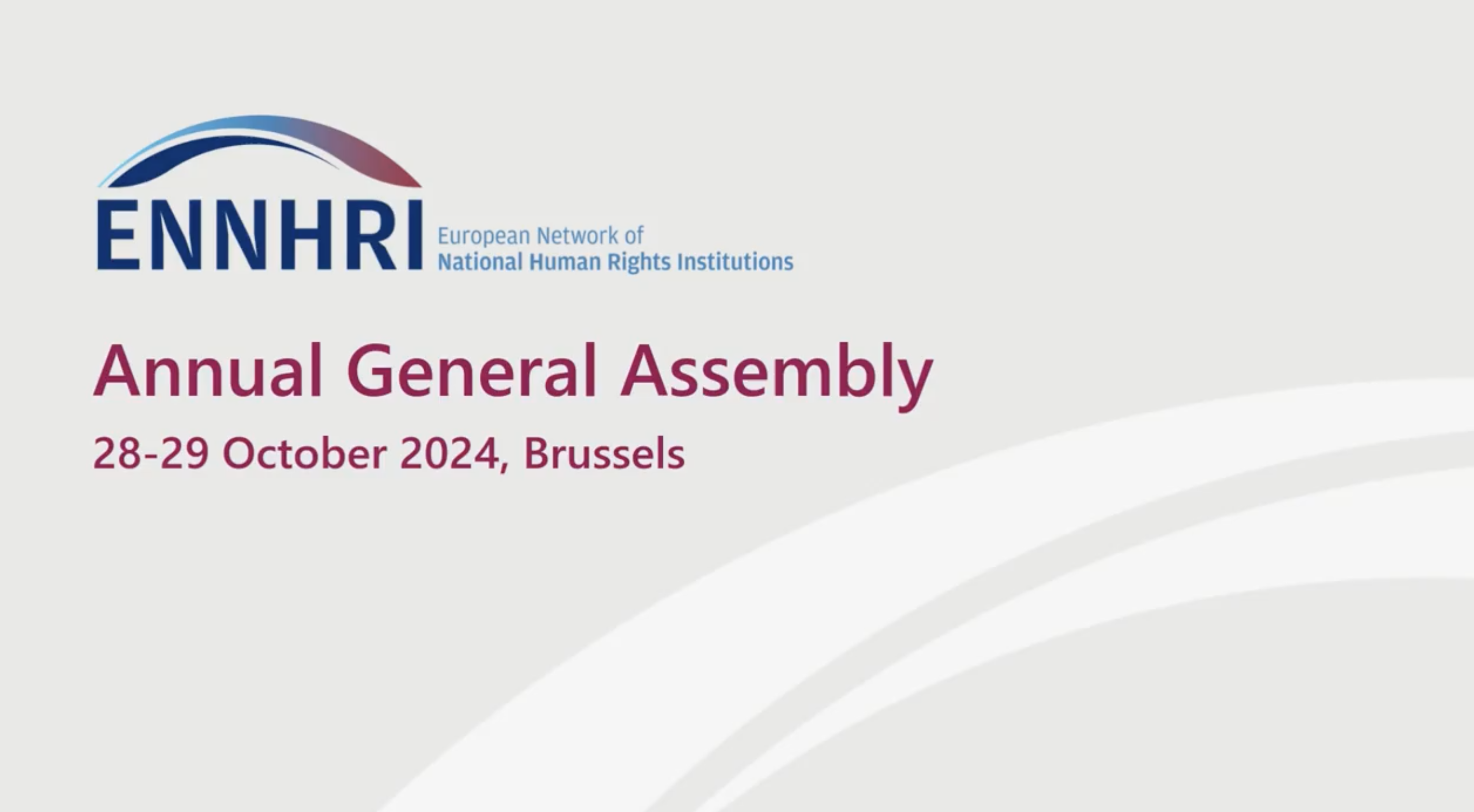Respecting and strengthening, in law and in practice, the independence of NHRIs, in particular by ensuring autonomous and adequate funding and adequate human and financial resources for them, is a core international obligation for States.
Date d’adoption
15 novembre 2013
Thème
ENNHRI
Mis à jour le 27 janvier 2022
ENNHRI recalls the fundamental international principles, which govern the establishment and work of National Human Rights Institutions (NHRIs) and have been accepted by all Member States of the UN and other international and regional organizations and bodies. Compliance with these principles is of more crucial importance than ever for every country, in periods of socio-economic and political crisis, for the safeguard and promotion of civil liberties and social rights and democratic principles
NHRIs are established and operate under the UN "Paris Principles". UN bodies and specialized organizations, as well as European organizations, institutions and bodies, repeatedly reaffirm the importance of these principles and of NHRIs. These principles set out minimum standards. They require that NHRIs be totally independent from government and that this be guaranteed by the national Constitution or legislation; their mandate must be to promote and protect all human rights; they must have adequate investigative and monitoring powers; they must be of a pluralistic character.
In order to be able to carry out their task in complete independence, as required by international principles, NHRIs must have adequate human and financial resources. More particularly, NHRIs must be able to set their financial priorities and manage their own finances through autonomous budgetary allocations, without interference from any public authority.
All NHRIs must have advisory powers which enable them to make comments and proposals to all national authorities, especially regarding bills, legislative and administrative provisions and situations. They must also promote the effective implementation, in law and in practice, of ratified human rights treaties, as well as the ratification of such treaties; contribute to and comment on national reports to treaty bodies; cooperate with these bodies, the UN and UN specialized organizations, regional and national human rights organizations; and raise awareness on human rights.
The functional and financial independence of NHRIs is an indispensable condition for their accountability towards public authorities and the general public and for the visibility and effectiveness of their operation and work. Compliance of NHRIs and their States with international principles is reviewed by the International Coordinating Committee of National Institutions for the Promotion and Protection of Human Rights (ICC) to ensure that they maintain and improve their compliance.
Respecting and strengthening, in law and in practice, the independence of NHRIs, in particular by ensuring autonomous and adequate funding and adequate human and financial resources for them, is a core international obligation for States.
NHRIs are a pillar of democracy. In times of socio-economic and political crisis, it is more crucial than ever that they be effectively listened to and supported.
Date d’adoption
15 novembre 2013
Thème
ENNHRI




